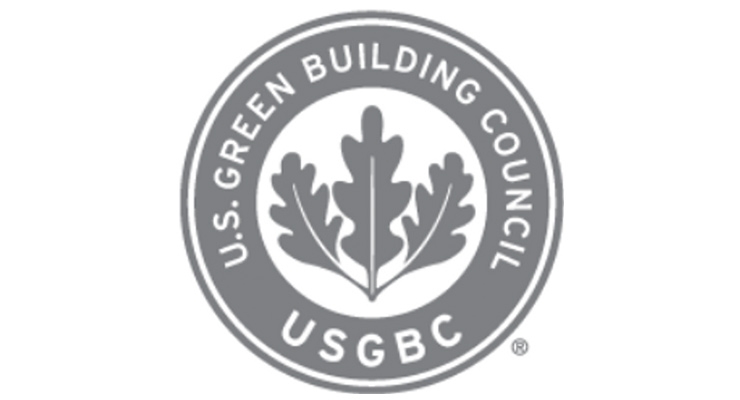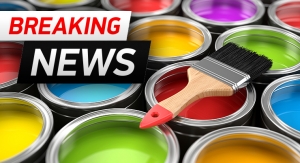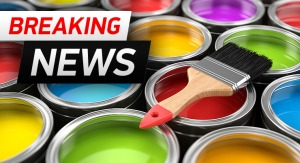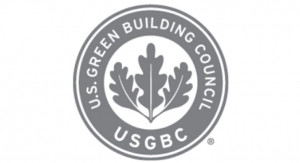07.10.19
The U.S. Green Building Council (USGBC) announced a call for proposals to solicit feedback and concepts for the next version of LEED. USGBC created the LEED green building program 20 years ago to measure and define green building and to provide a roadmap for developing sustainable buildings. LEED is updated through a continuous improvement process and with each new version USGBC is evolving LEED’s approach and challenging the building sector to be more resource-efficient and sustainable.
In April 2019, USGBC officially released the complete suite of LEED v4.1 rating systems. LEED v4.1 emphasizes the human experience and pushes project teams to create spaces that not only reduce carbon emissions, energy, water use and waste but also improve the health and well-being of the people who live, work, learn and play in these buildings, cities and communities every day.
“With LEED v4.1 we have fundamentally transformed our rating system development process,” said Mahesh Ramanujam, president & CEO, USGBC. “It has allowed us to become more agile and adaptable to incorporate real-time feedback so that we can realistically raise the bar on the marketplace. We received an overwhelming response to our LEED v4.1 call for proposals, which has helped us to deliver on the market needs making LEED v4.1 successful and a market leader. Building on this success, we are excited to engage the market again to solicit ideas, proposals and feedback for improving LEED v4.1 and future versions of LEED. Together, we can continue the work we started with LEED v4.1 to ensure that LEED is not only the de facto leadership standard but also creating a better living standard.”
Cities around the world are mitigating climate risks by pledging to raise the bar to reduce carbon emissions. Investors are weighing their opportunities, consciously screening for projects that align with their values and prove winning ESG strategies. Building owners are pivoting focus to the occupants to reduce inequality, combat health concerns and deliver value to support the day-to-day needs of everyone and raise their living standard. The trajectory of LEED is to support these market changes by continuing to improve the performance throughout the lifecycle of buildings, advance net zero and net positive practices, and reward leaders based on their performance to enable building owners and city leaders to track progress toward environmental, social and governance (ESG) goals.
“Imagine a rating system adaptive and responsive to the ever-changing world around us. This is what we are working toward with LEED,” said Melissa Baker, SVP, LEED. “Now that LEED v4.1 is out and has been positively received by the community, we are exploring how we can strengthen LEED v4.1 and also plan what’s next for the rating system. We are working to ensure that LEED remains a global leadership standard, and we know that as we evolve LEED, industry feedback and support are critical.”












